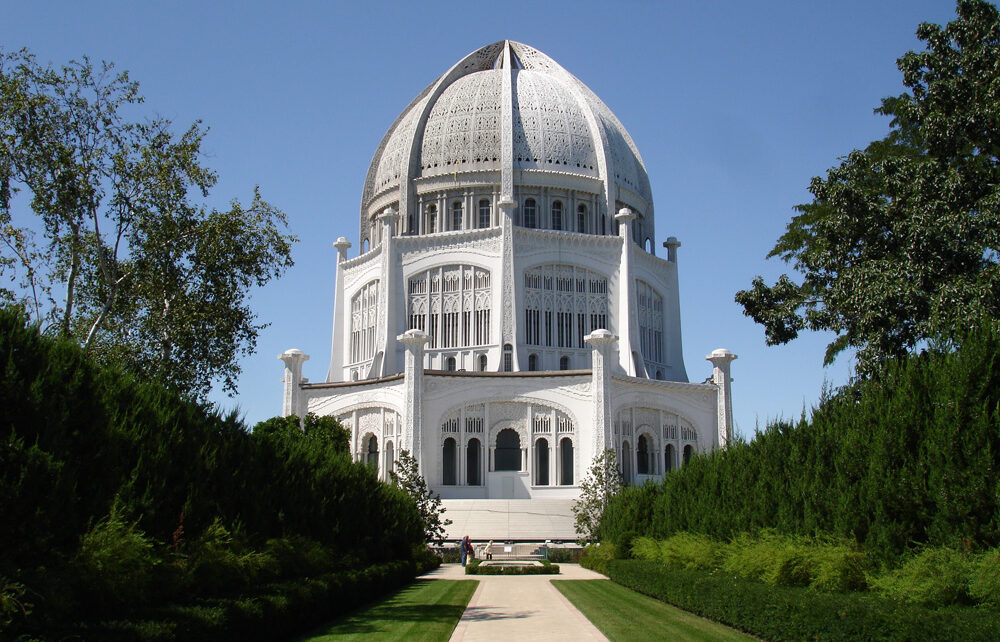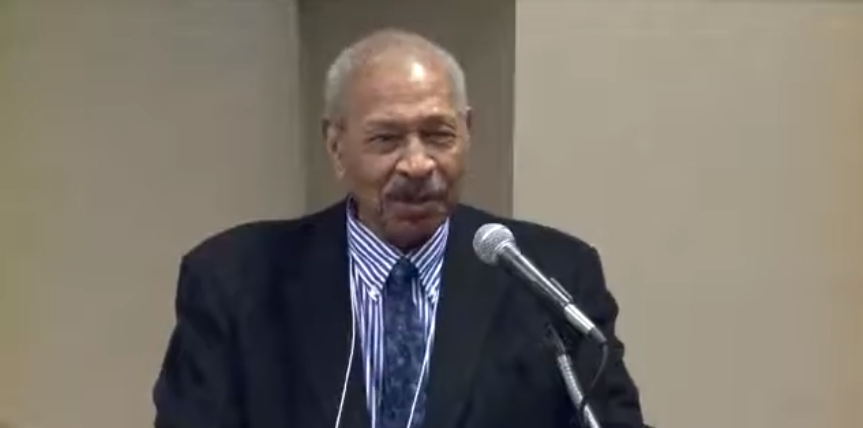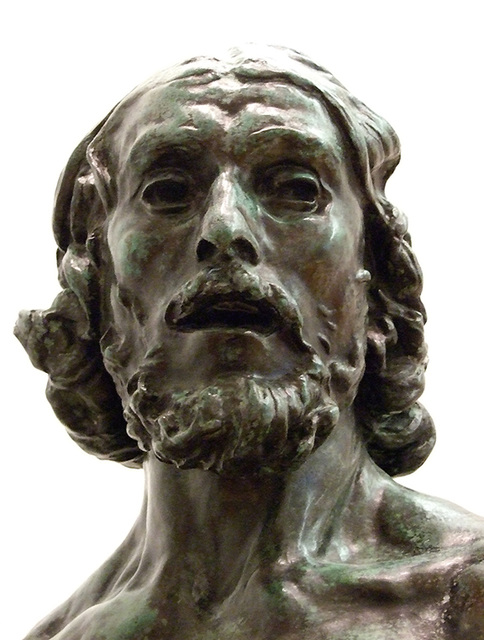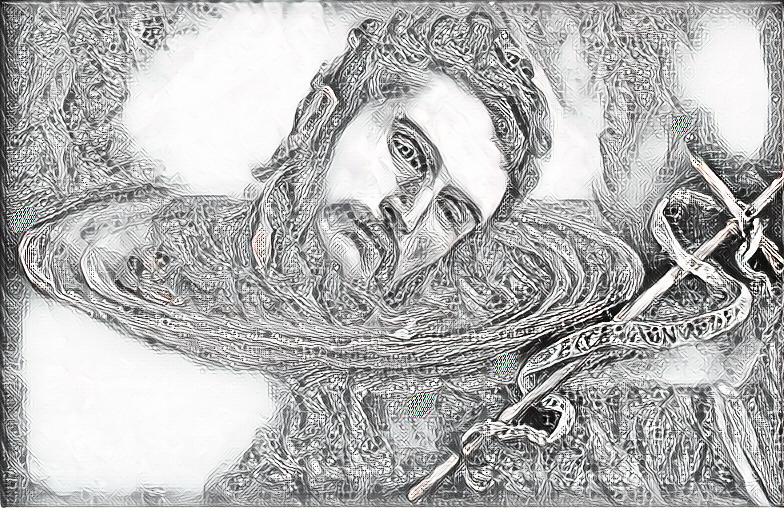This article is published in two installments. The first can be found here. III. Taylor’s typification of postmodernism as Flatland, however, as the quintessential Hegelian “bone”, did not sit well with the British participants in the Shadow of Spirit conference, who represented both the majority and in certain measure the intellectual heavy weights for the […]
Religious Studies
What Exactly Is Postmodernism, And How Did It Change The Landscape Of Religious Studies?, Part 1 (Carl Raschke)
Almost a half century ago a change took place in the humanities, and by extension in the fledgling field of religious studies. By the 1990s that change had been a sea change. By the mid-1980s the change had come to be known as “postmodernism”. Today the expression, which is just as vague and polysemic as […]
Orientalism, Ontology, And Orientation – A Muslim Perspective On Charles H. Long, Part 2 (Mehnaz Afridi)
The following is the second of a two-part series. The first can be found here. The full article is published in the spring 2022 issue of the Journal for Cultural and Religious Theory. This novel brings me to Long’s work about descriptive and prescriptive narratives of the colonial and the New World. For example, he used […]
Orientalism, Ontology, And Orientation – A Muslim Perspective On Charles H. Long, Part 1 (Mehnaz Afridi)
The following is the first of a two-part series. The full article is published in the spring 2022 issue of the Journal for Cultural and Religious Theory. “America never EVER happened… we just believe in the idea that America has happened” —Charles H. Long 1994, Syracuse University “Afridi, you want to control the world! […]
The Legacy Of Charles H. Long – Resisting and Short-Circuiting the Discourses Of Exclusion In The Theory And Practice Of Administration (Victor E. Taylor)
The following essay introduces the upcoming volume of the Journal for Cultural and Religious Theory featuring reflections on the work of renowned religious studies scholar Charles H. Long (1926-2020). It will be published in July 2022. The new universities, as research institutions, implied a new structure in the order of knowledge on both theoretical and […]
Towards A New Comparative Methodology In Religious Studies (Kara Roberts)
Author Note: The following was originally written as the introduction to a much longer comparative project between two religious myths. Additionally, the creation of the following model for comparative methodology in religious studies could not have been possible without the help and guidance of Dr. Amy Balogh. The field of comparative religious studies has a […]
John the Possibilizer: The Promise of a Kearnian Baptismal Hermeneutic, Part II (Eric Trozzo)
The following is the second part in a two-part installment. The first part can be found here. A Kearnian Reading of the Lukan John In Kearnian terms, then, the John portrayed by Luke is one who has a special, though not as paradigmatically unique as Jesus’, openness of persona to the God of possibility. Might […]
John the Possibilizer: The Promise of a Kearnian Baptismal Hermeneutic, Part I (Eric Trozzo)
The following is the first installment of a two-part series. The wild hair, the scratchy clothing, the grit and body odor, and the exotic diet. All of these images typically come to mind when one mentions John the Baptist. He is a cartoonishly fiery, angry (and a wee bit insane) prophet railing against the system […]
Slow Journalism? Ethnography as a Means of Understanding Religious Social Activism, Part 2 (James V. Spickard)
The following is a talk presented at the Weatherhead Center for International Affairs, Harvard University, and is the second installment of a two-part series. The first installment can be found here. II. Epistemological Musings So much for “the deductions from the obvious” that I promised to explore with you. I also promised you some “epistemological […]
Slow Journalism? Ethnography As A Means Of Understanding Religious Social Activism, Part 1 (James V. Spickard)
The following is a talk presented at the Weatherhead Center for International Affairs, Harvard University, and is the first installment of a two-part series. When I was invited to give this talk, my first reaction was “why me”? As a rather obscure and not very orthodox sociologist of religion from a second-tier West Coast teaching […]









